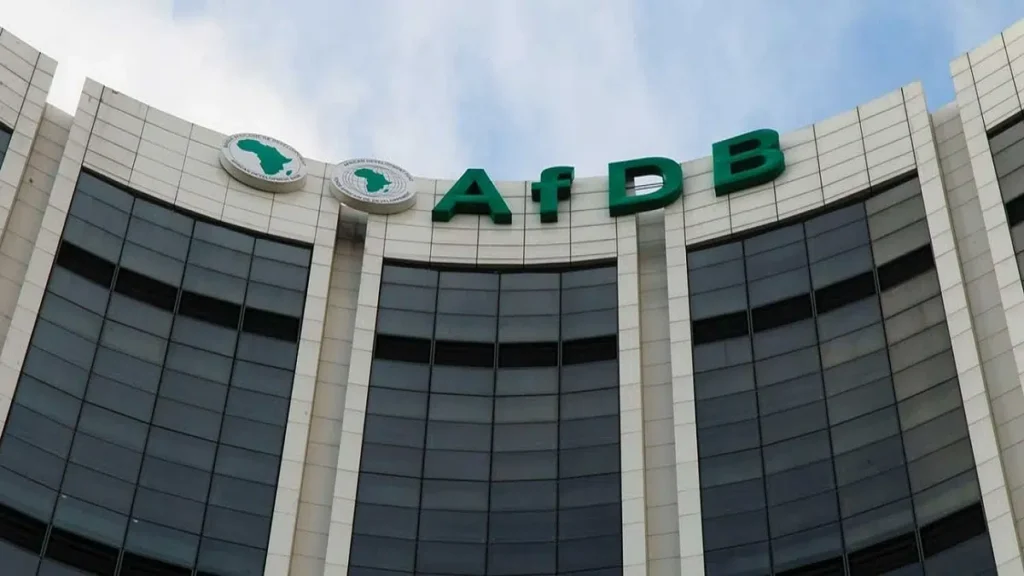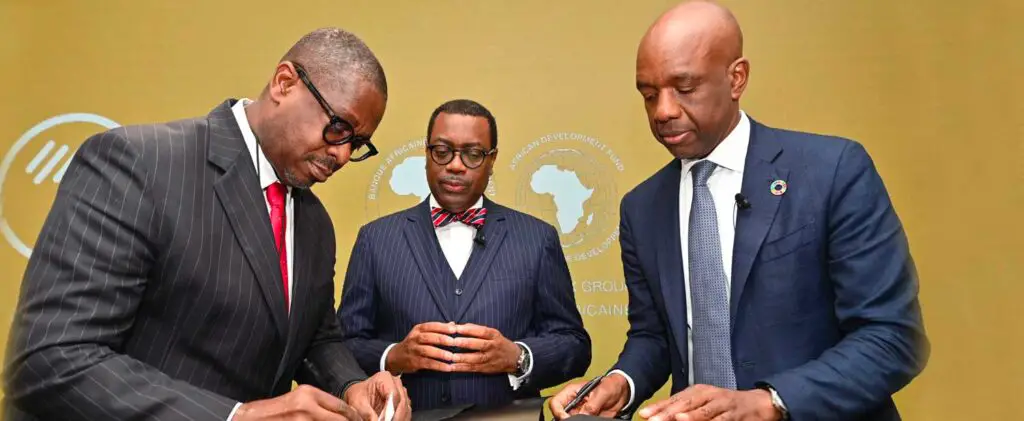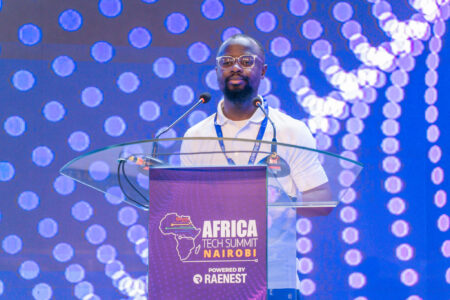- The AFDB is collaborating with Google to advance the continent’s tech usage in business.
- Both parties will harness emerging technologies, extend and improve infrastructure, train talent and skill required within Africa.
- In 2005, Google invested in Seacom Cable, a major telecommunications cable system in Africa.
The digital era, or the fourth industrial revolution, is upon us, and small businesses in Africa could be among the top beneficiaries. Organizations from across the globe are collaborating to provide the necessary financial support and infrastructure to aid in Africa’s tech journey.
Amid this plethora of investors, the African Development Bank (AfDB) has pioneered significant milestones with the continent’s tech journey. In its latest milestones, the AFDB bank has collaborated with Google to speed up Africa’s digital transformation.
The African Development Bank partners with Google
Recently, the AFDB bank officially collaborated with Google to advance the continent’s tech enterprise in businesses. Both parties signed a Letter of Intent during the Global Africa Business Initiative at the United Nations General Assembly in New York.
According to the agreement, both parties will share a commitment to harness emerging technologies, extend and improve infrastructure, and train talent and skill required within the continent.
These organizations have played key roles in paving the way for technological revolutions for the past decade. For instance, the AFDB has invested over $1.9 billion in projects encompassing investments, hosting conferences, collaborations, and investments.
Across Africa, businesses are tapping into the fourth industrial revolution that comprises three major technological breakthroughs: Cryptocurrency/Digital money, Blockchain Technology, and Artificial intelligence. These three technologies are fast shaping how many sectors operate in the digital age.
First and foremost, Africa has solidified its position within the latest emerging technology web3. In less than a decade, blockchain technology has caused the emergence of new marts within the industry.
Among Africa’s fastest-growing and most lucrative economic activity is its fintech industry. In an ironic twist of fate, due to Africa’s slow adoption rate of previous technology, it has become the most lucrative environment that fully embraces the fourth industrial revolution.
Due to this fact, many organizations have spearheaded multiple tech conferences, accelerator programs, and educational courses to quick Africa’s digital transformation. The Africa Development Bank is among the few entities that have played a significant role in this journey.

The AfDB has been a long standing advocate for Africa’s future. It has undertaken multiple investments to propel the continent’s economic growth in the Fourth Industrial Revolution.[Photo/MarketForce-Africa]Its efforts have led to the development of broadband infrastructure, the establishment of digital learning institutes, and the establishment of conducive policy and regulatory environments. Dr. Akinwumi Adesina, President of the African Development Bank, said, “Our journey from a 2 per cent telephony penetration in 1998 to today’s era of 4G, 5G, and AI signifies immense progress. With 70 percent of sub-Saharan Africans under 30, we focus on catalyzing businesses to create jobs and offer innovative solutions.”
The AfDB’s plan for Africa’s digital transformation
As previously mentioned, the AfDB has made substantial efforts toward ensuring Africa’s digital transformations. These acts of service are no mere coincidence but rather an elaborate plan for the future. The very existence of the AfDB bank is to ensure the continent’s prosperity. To achieve this goal, ensuring the country becomes a significant player in the fourth Industrial Revolution is at the top of their policies.
The Africa Digital Transformation Action Plan is a strategic policy the AfDB designed to ensure a significant improvement of Africa’s tech Hub. One of the key highlights of this document is its emphasis on Africa’s greatest asset: human capital. According to statistics, by 2050, Africa will have over 845 million working youths. The growing potential of African startups is a testament to the abilities of future generations.
Thus, the AfDB has outlined several projects to ensure the youth are trained in numerous digital skills. On the 9th World Financial Innovation Series in Nairobi, Kenya, Afdb Bank Director for East Africa Nnenna Nwabufo said, “The youth will drive Africa’s digital economy; hence the need to invest in their skills development to accelerate innovations and growth on the continent. Africa’s young people are the most avid adopters of ICTs and digital solutions.”
Also, Read: Google picks fifteen startups for its accelerator program
The AfDB strategy for digital innovation
Statistics show that over 60 percent of Africa’s population is under 25. The young nature of Africa’s population has attracted numerous investors seeking to utilize its untapped potential.
Another keynote from AfDB’s strategic plan is to sell affordable connectivity and digital infrastructure to bridge the digital divide. Most African communities need proper infrastructure despite noticeable improvements in the past decade. This unavailability has made many innovators and thinkers dormant and ignorant bystanders. The Digital Transformation Action Plan depicts that if we can focus on establishing affordable internet in underserved rural areas, we may witness a significantly high adoption rate.
In addition, derisking the investment market to the crowd in the private sector or scaling public-private partnerships to deploy ICT infrastructure mitigates plenty of problems. The AfDB has encouraged the support of e-government programs to increase effectiveness, transparency, and security, improving civic accountability. Furthermore, the AfDB ban has emphasized the need for local talent. Through this, the government can rely on its citizens for more accurate solutions to its problems while also providing employment.
Paving the way for the future.
With AfDB partnering with Google, Africa’s digital transformation looks stronger. Google has been a key player in providing Africa with the necessary financial and educational support. In 2005, Google invested in Seacom Cable, a major telecommunications link in Africa. Since then, Google has continued to support the continent’s journey in multiple ways.
According to the agreement, Google will offer technical assistance to aid and help entrepreneurs and small enterprises to digitize. In addition, with the rising rate of Africa’s economic industry, it is more common for companies to have a digital presence. Google will also assist in securing financing or establishing a payment service, mastering digital marketing, and advancing private sector development.
Currently, Africa houses the most significant number of entrepreneurs. The instability in several governments has forced many to abandon nine to five jobs. After the COVID-19 pandemic, it became clear how unreliable ordinary jobs became.
Thus, many took to learning digital skills and embarking into more STEM-based occupations. With Google providing the infrastructure and the AfBD dealing with the financing and project management, more opportunities lie ahead. Dr. James Manyika, Google’s Senior Vice President of Research, said, “With advanced technologies like AI, the most profound transformation is yet to come.
Collaboration will be essential if Africa is to realize this opportunity, building for everyone and ensuring no one is left behind. We are excited to collaborate with the African Development Bank to achieve this shared commitment.”
As more partnerships continue to form, better and more innovative solutions are provided. Several tech titans have collaborated with numerous governments to launch similar endeavors. It was only a matter of time before Africa became a significant figurehead in the fourth Industrial Revolution.











